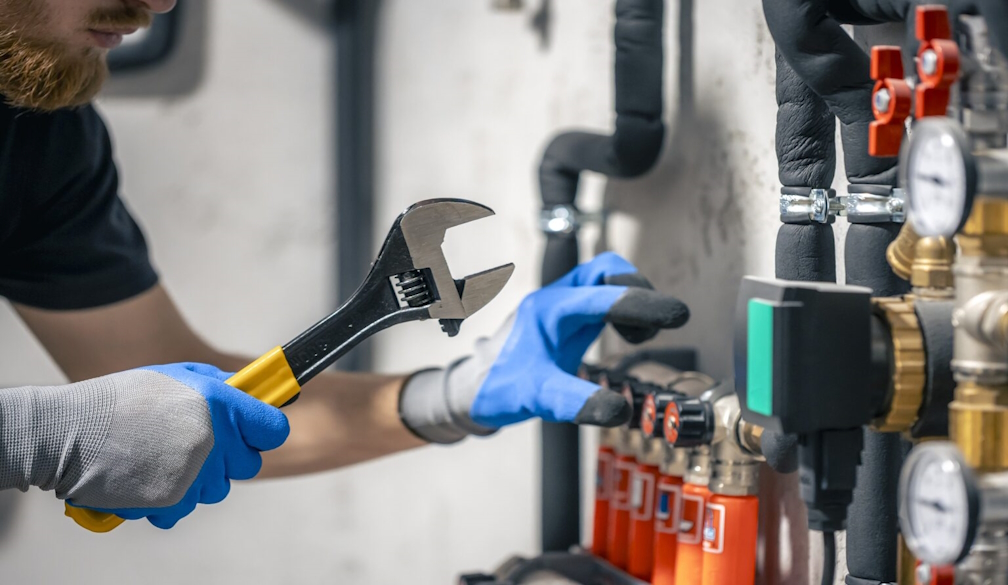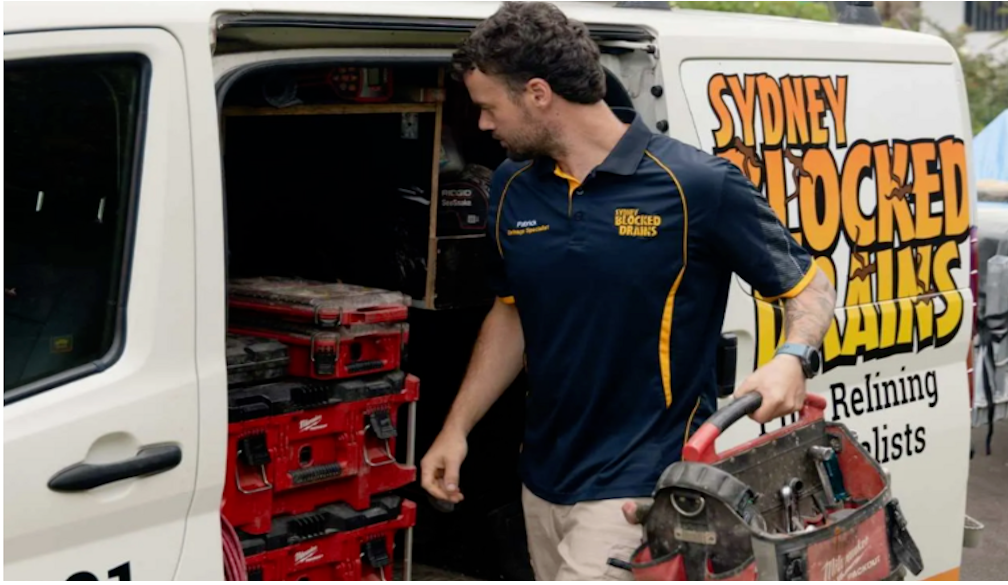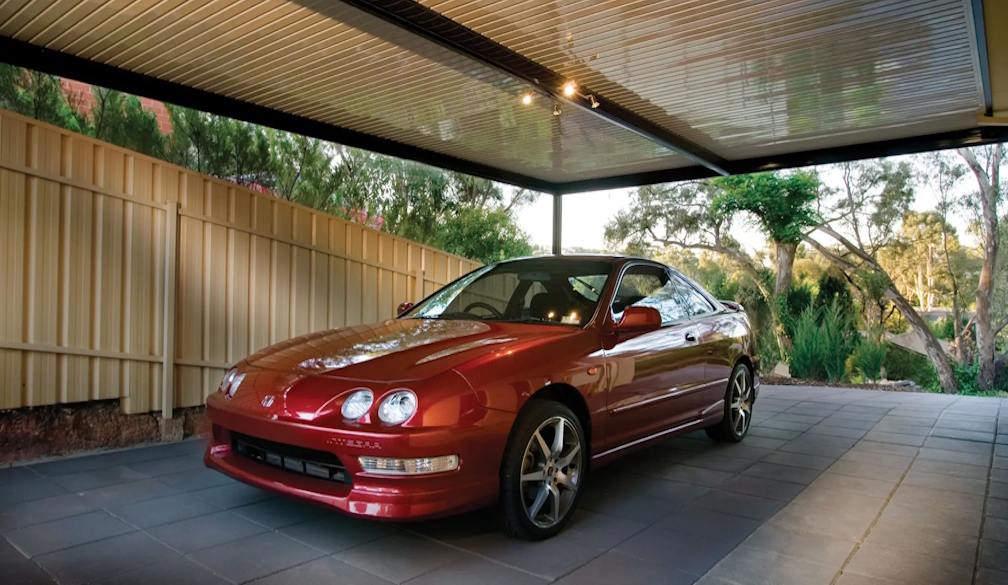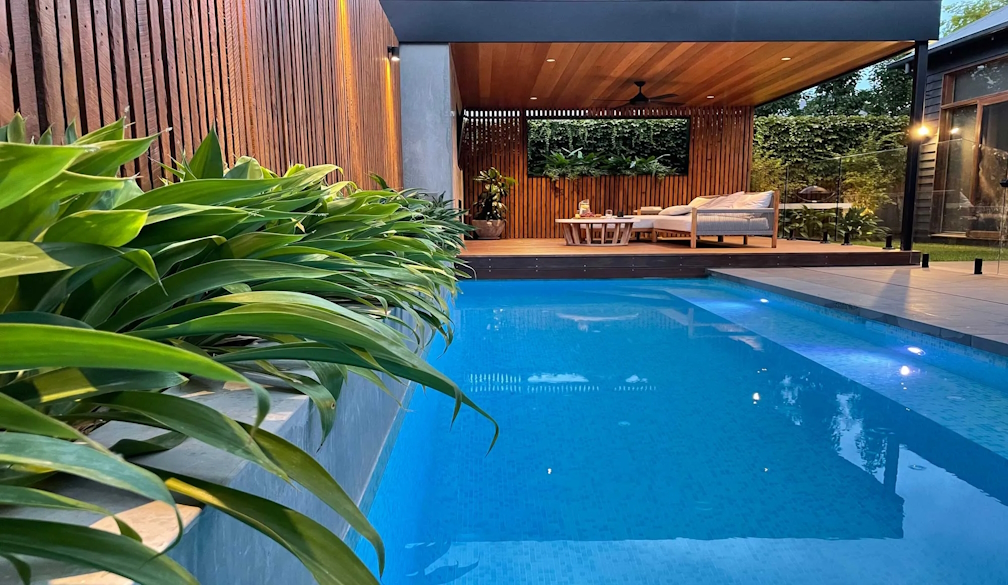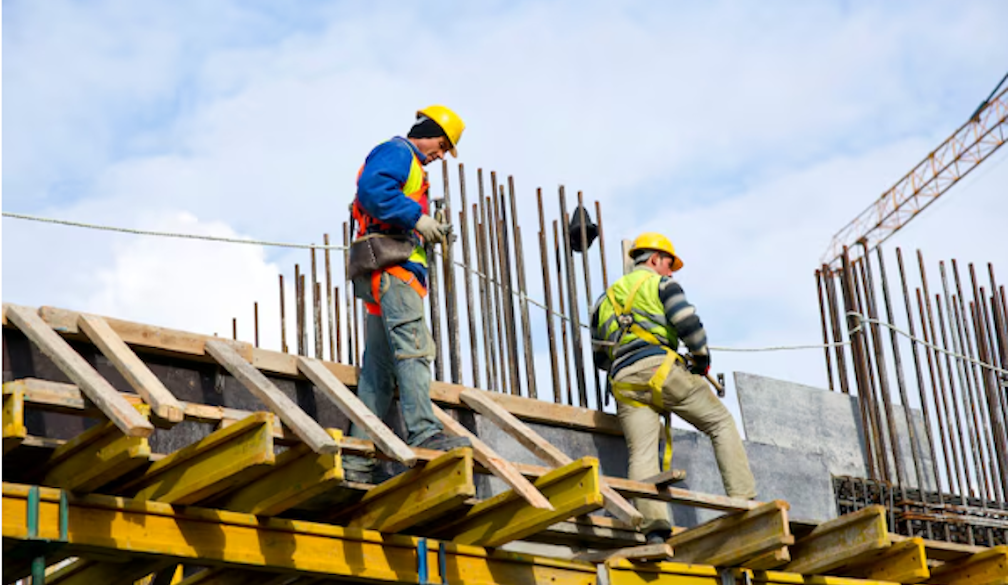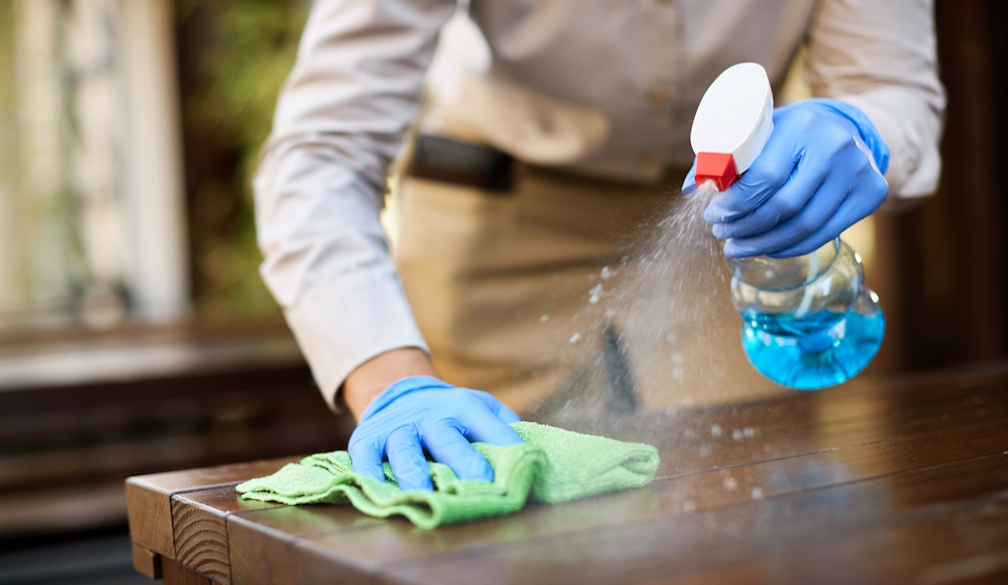The goals were set in 2020 and are De Beers' blueprint for creating a positive and sustainable impact in its host countries and throughout the diamond value chain. They span four pillars: leading ethical practices, partnering for thriving communities, protecting the natural world, and accelerating equal opportunity. 
During 2022, De Beers saw advances across all four Building Forever pillars and all 12 goals, which included reductions in water use and energy intensity, innovations in diamond tracing technology, increased representation of women in senior leadership and progress toward its climate commitments.
A notable milestone was setting science-based climate targets across Scope 1, 2 and 3 emissions, which were validated by the Science Based Targets initiative (SBTi). De Beers' near-term science-based targets are to reduce absolute Scope 1 and Scope 2 emissions 42 per cent by 2030 and to reduce absolute Scope 3 emissions 25 per cent within the same timeframe. In setting the targets across all three scopes, De Beers is extending its climate ambition over and above its existing commitment to be carbon neutral across Scope 1 and 2 emissions by 2030.
The science-based targets represent the reductions required by SBTi to align with the goals of the Paris Agreement on climate change. However, under its existing carbon neutral commitment and with the implementation of its 'Reduce and Replace' strategy, De Beers expects to exceed its science-based targets for reducing Scope 1 and 2 emissions by 2030.
De Beers also accelerated the pace of innovation and investment in its blockchain provenance platform, Tracr. The platform was deployed at scale in 2022 and enables participants to provide assurance of a diamond's source as it travels through the value chain. More than half of De Beers' global production by value is now being registered on Tracr, which was named by Forbes as one of the world's 50 leading blockchains for the third time.
Al Cook, CEO, De Beers Group, said: "De Beers has a simple core belief that informs everything we do: that the diamonds we discover, belong to the communities and countries in which they are found. We are inspired by the beauty and rarity of natural diamonds and the natural world, and we know how precious diamonds are – not only for the people who wear them, but for all those they touch along the way.
"Building Forever is about taking a long-term view and working hand-in-hand with the communities in which we live and work to shape a better future. From addressing the climate crisis to supporting communities to prosper and providing our clients with a deeper connection to the origin and impact of their diamond by developing breakthrough technology, Building Forever will continue to guide every decision De Beers makes and touch every diamond we discover."
The 2022 sustainability report provides a detailed overview of the Building Forever pillars and goals, along with key progress toward each – a summary of which follows:
Leading ethical practices
De Beers is committed to advancing industry standards, enhancing the transparency of diamond provenance and improving the livelihoods of artisanal miners.
Key highlights include:
- Increased the number of entities participating in the Best Practice Principles, the company's set of leading ethical, social and environmental standards which are independently audited, to 2,690 from 2,283 in 2021.
- Launched the Tracr blockchain platform at scale, enabling diamond origin to be immutably recorded from source to store. More than half of De Beers' global rough diamond production by value is now being registered on Tracr.
- Increased the number of mine sites participating in GemFair, De Beers' programme to support the formalisation of the artisanal mining sector, to 263 from 219 in 2021. The programme also provided fair and equitable finance to support the operations of 49 members.
Protecting the natural world
De Beers understands that for its business and host communities to thrive, it must protect the natural world. In all of its activities, De Beers follows best practices for biodiversity and water management, air quality, greenhouse gas emissions, waste and mine closure and rehabilitation.
Key highlights include:
- Achieved a 14 per cent reduction in freshwater withdrawals and a four per cent reduction in energy intensity compared with 2021.
- In partnership with Anglo American and EDF Renewables, commenced development of more than 70 MW of renewable energy projects in southern Africa.
- Invested $2 million in Kelp Blue, a start-up that grows underwater kelp forests off the coast of Namibia, which can absorb carbon up to 50 times faster than land-based forests. In addition to supporting De Beers' carbon neutral commitment, Kelp Blue will also create jobs and support sustainable economic development in Namibia.
- Marked the 20th anniversary of the Diamond Route, the 500,000-acre network of conservation sites that De Beers manages across southern Africa, protecting more than 50 mammal species.
- Continued Okavango Eternal, a partnership with National Geographic to protect the critically important headwards of the Okavango Delta. Progress included installing innovative water monitoring technology, deepening research and understanding, and engaging with communities on soil-friendly farming methods.
Partnering for thriving communities
De Beers is focused on working with a range of stakeholders to help build a sustainable future and contribute to a better quality of life in its host communities, with particular emphasis on health and wellbeing, education and skills development, economic diversification, and livelihood support.
Key highlights include:
- Marked two decades since the introduction of De Beers' pioneering HIV programme to provide free and confidential treatment to employees and their families living with HIV and AIDS. The programme has helped to save an estimated 650 lives during this time and has also ensured there have been no cases of mother-to-child HIV transmission among De Beers employees or their partners for 14 consecutive years.
- In collaboration with Right to Care, rolled out a community-oriented primary care partnership to strengthen medical clinics in southern Africa, prioritising areas that lacked medical provision.
- Supported 420 students in securing 12-month internships in different sectors through a partnership with International Youth Foundation.
- A total of 18 southern Africa-based companies completed the Stanford Seed Transformation entrepreneurship programme that De Beers supports in partnership with Stanford University.
- In total, more than 3,340 jobs were supported by De Beers through various socioeconomic development projects and initiatives and 71 per cent of its goods and services were procured from local suppliers.
Accelerating equal opportunity
De Beers is focused on accelerating economic inclusion and supporting diverse voices to help shape the future of its business, host communities and society at large, with a particular focus on addressing the historical underrepresentation of women in its talent pipeline and encouraging fresh and diverse talent into the diamond jewellery sector.
Key highlights include:
- At the end of 2022, women comprised 33 per cent of senior management positions within De Beers Group (up from 31 per cent in 2021).
- Extended the partnership with WomEng, a highly regarded social enterprise committed to helping women and girls pursue careers in engineering and technology, for another three years.
- Since 2018, De Beers has provided 89 scholarships to women studying STEM at universities in Canada, has reached more than 3,700 school students in southern Africa through STEM workshops, and has supported more than 2,400 women entrepreneurs to grow their businesses.
- Provided funding for a free 12-week jewellery making course for teens in New York City, which aims to fill the void of limited access to jewellery studios for teenage designers. De Beers also established an internal Equity, Diversity & Inclusion (EDI) Council bringing volunteers from across the business to deepen understanding of the company's diverse workforce and further cultivate an inclusive culture.
De Beers Group's full 2022 sustainability report is available to read here.
Hashtag: #DeBeers #NaturalDiamonds #buildingforever
The issuer is solely responsible for the content of this announcement.
About De Beers Group
Established in 1888, De Beers Group is the world's leading diamond company with expertise in the exploration, mining, marketing and retailing of diamonds. Together with its joint venture partners, De Beers Group employs more than 20,000 people across the diamond pipeline and is the world's largest diamond producer by value, with diamond mining operations in Botswana, Canada, Namibia and South Africa. Innovation sits at the heart of De Beers Group's strategy as it develops a portfolio of offers that span the diamond value chain, including its jewellery houses, De Beers Jewellers and De Beers Forevermark, and other pioneering solutions such as diamond sourcing and traceability initiatives Tracr and GemFair. De Beers Group also provides leading services and technology to the diamond industry in the form of education and laboratory services via De Beers Institute of Diamonds and a wide range of diamond sorting, detection and classification technology systems via De Beers Group Ignite. De Beers Group is committed to 'Building Forever,' a holistic and integrated approach for creating a better future – where safety, human rights and ethical integrity continue to be paramount; where communities thrive and the environment is protected; and where there are equal opportunities for all. De Beers Group is a member of the Anglo American plc group. For further information, visit www.debeersgroup.com.
http://www.twitter.com/DeBeersGroup
http://www.facebook.com/DeBeersGroupOfCompanies/
http://www.instagram.com/debeersgroup
http://www.linkedin.com/company/de-beers
http://www.youtube.com/TDBGoC




